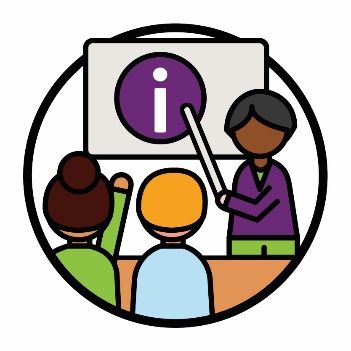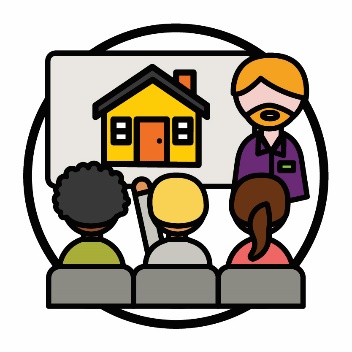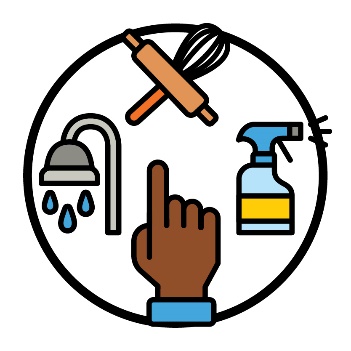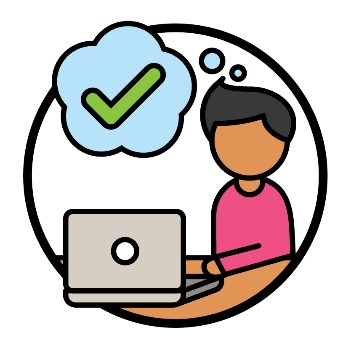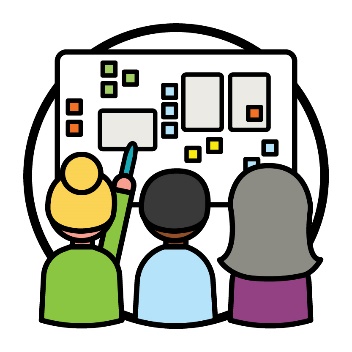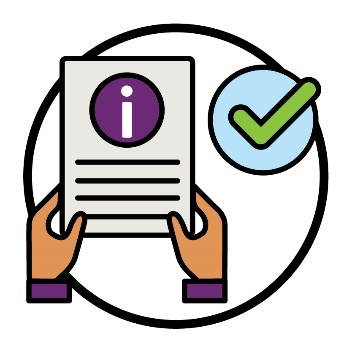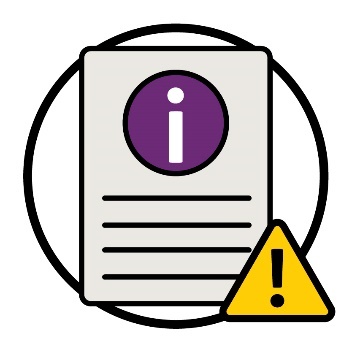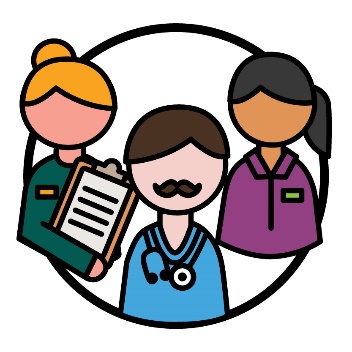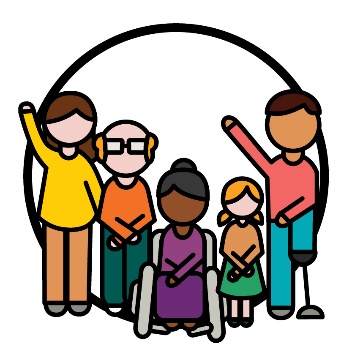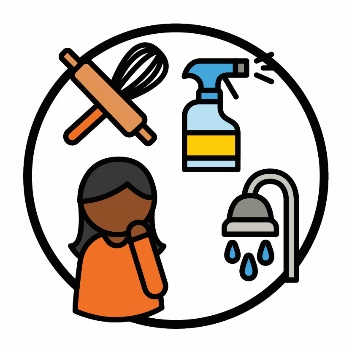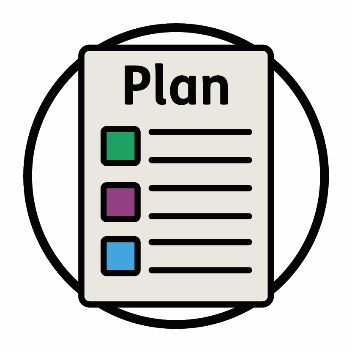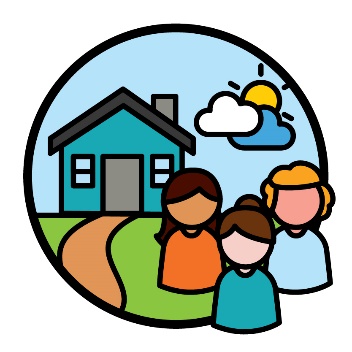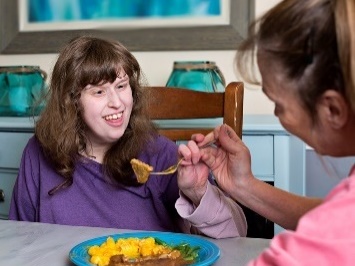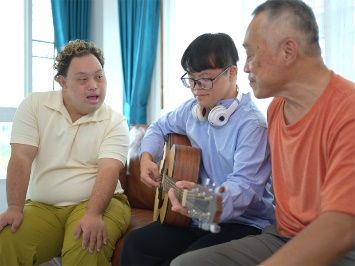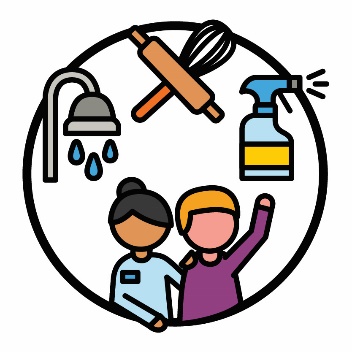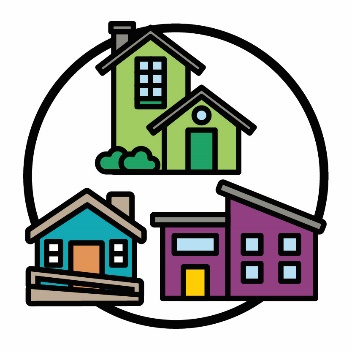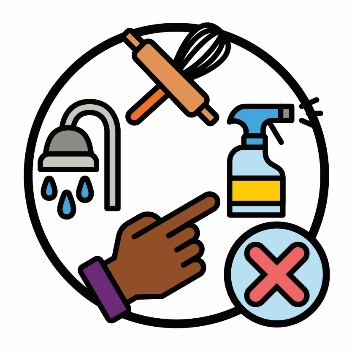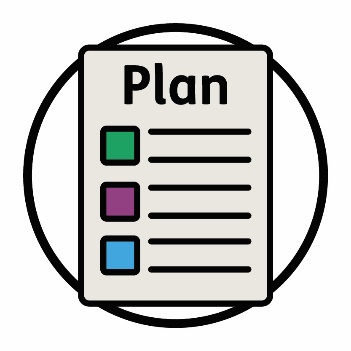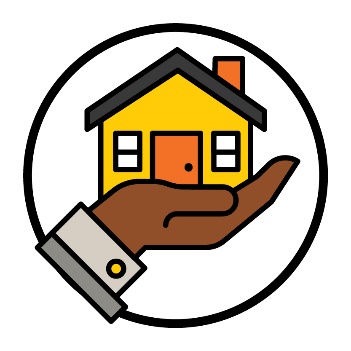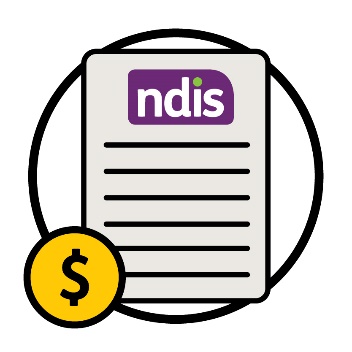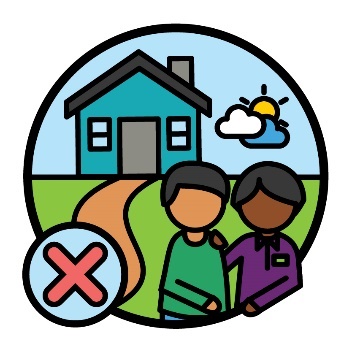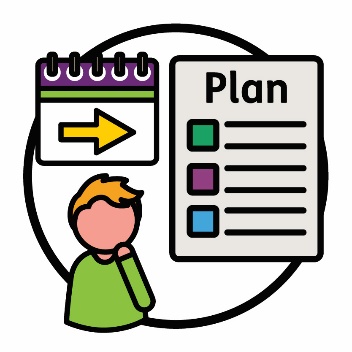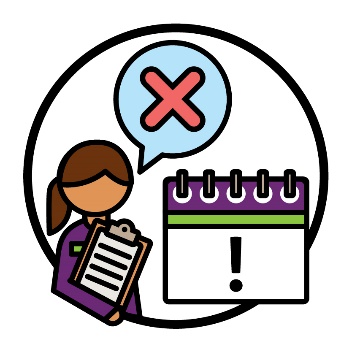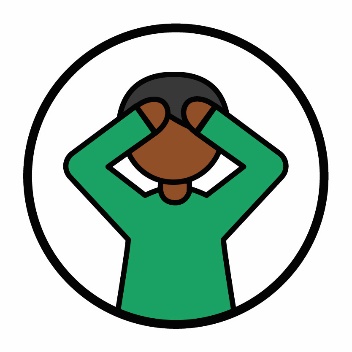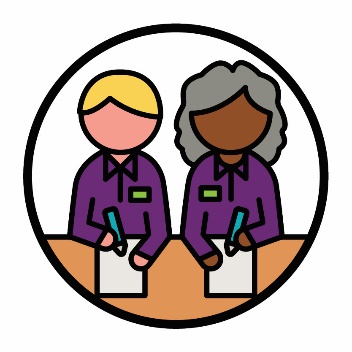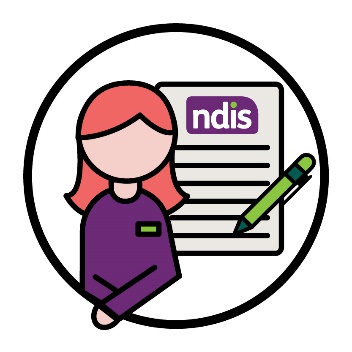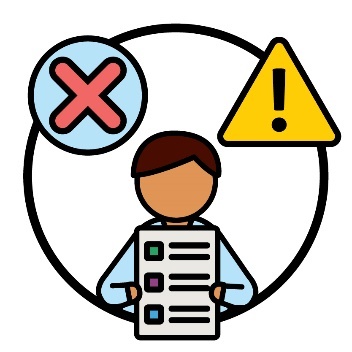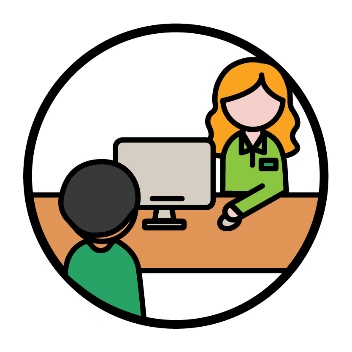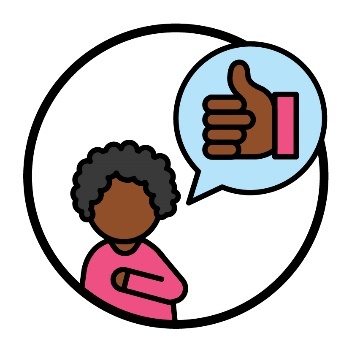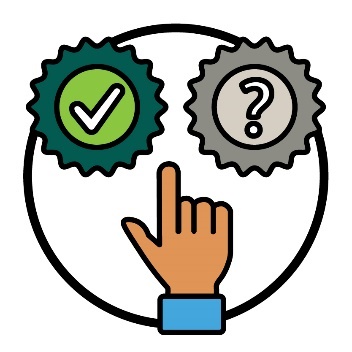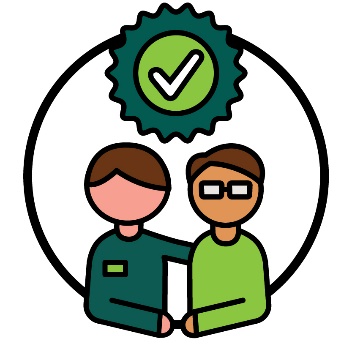Our reports
|
|
The Reference Group connected with the community to find out about issues that affect them. |
|
|
The Reference Group members shared these issues with the NDIA. |
What did the reports talk about?
Laws about how the NDIS works
|
|
The NDIA have held information sessions in the community about how some laws will change. This includes laws about NDIS supports. |
|
|
Reference Group members shared that they like that the NDIA is doing this. |
|
|
But members also shared that the community are unsure about how some laws will change. |
|
|
Members explained that the NDIA should improve how they share information about changes. |
This includes: |
|
|
|
|
|
|
For example, in Easy Read and videos. |
|
|
The NDIA shared that they have answered some questions about how some laws will change. |
|
|
You can find the answers on their website. www.ndis.gov.au/changes-ndis-legislation/ frequently-asked-questions-about-legislation |
Supports and services
|
|
Reference Group members shared that the NDIA should teach the community more about home and living. |
|
|
This includes what home and living supports the community can choose from. |
|
|
Members explained that the NDIA should share more information that is easy to:
|
|
|
|
This information should also be created through co-design. Co-design is when people work together to plan something new. |
|
|
|
The NDIA agreed that it’s important to share information the same way. |
|
|
|
Members also explained that some providers share the wrong information about supports. |
|
|
|
Providers support people with disability by delivering a service. |
|
|
|
Members shared this has made participants more unsure about what supports they can use. Participants are people with disability who take part in the NDIS. |
|
|
|
Members worry that NDIS plans include only certain types of home and living supports. |
|
|
|
An NDIS plan is a document that has information about:
|
|
|
|
This includes group homes. Group homes are places where people with disability:
|
|
This also includes housing: |
|
|
|
|
|
|
|
Members explained that people with disability need more: |
|
|
|
|
|
|
|
|
|
The NDIA shared that they don’t pick one type of home and living support over another. |
NDIS plans
Reference Group members shared that people in the community worry about: |
||
|
|
|
|
|
|
|
|
|
|
They worry that participants have less funding in their plans. Funding is the money from a participant’s plan that pays for the supports and services they need. |
|
|
|
They also worry that plans include types of housing supports because:
|
|
|
|
But these housing supports might not work for everyone. |
|
|
|
Members also shared that people in the community worry about how long NDIS plans last. |
|
|
|
They worry that the NDIA tells participants to have an NDIS plan that isn’t longer than 12 months. |
|
|
NDIS plans that only last 12 months can: |
||
|
|
|
|
|
|
|
|
|
|
An NDIS planner is someone who:
|
|
|
|
Members explained that some participants worry about:
|
|
Providers
|
|
Reference Group members talked about the NDIS Provider and Worker Registration Taskforce. In this document we call it the taskforce. |
|
|
The taskforce gave advice to the Australian Government about a new way to check providers. |
|
|
Members shared that they’re happy with the work the taskforce has done. |
|
|
This includes their work to share the different ways NDIS providers should be registered. |
|
|
A registered provider:
|
|
|
Members also talked about how the NDIA:
|






